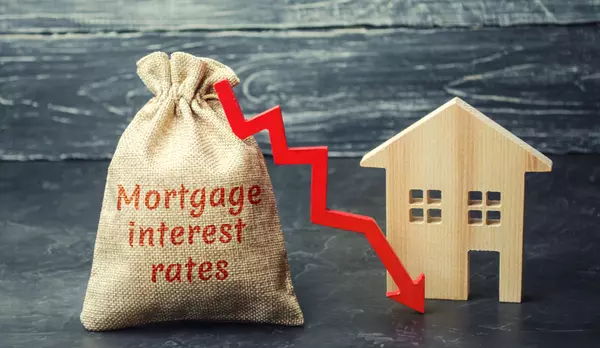

The Benefits of Working with a Real Estate Agent
The Benefits of Working with a Real Estate Agent: Your Trusted Guide to Home Buying and Selling Buying or selling a home is one of the most significant decisions you'll ever make. It’s more than just a transaction—it’s a journey that comes with its fair share of stress, excitement, and challenges. T
Read More

Mortgage Rates Are Dropping, But Lower Rates Could Lead to Higher Home Prices: What You Should Know
Mortgage Rates Are Dropping, But Lower Rates Could Lead to Higher Home Prices: What You Should Know In the ever-changing real estate market, mortgage rates are a constant topic of conversation, especially when they drop. Lower rates can seem like a golden opportunity for buyers to lock in affordab
Read More
